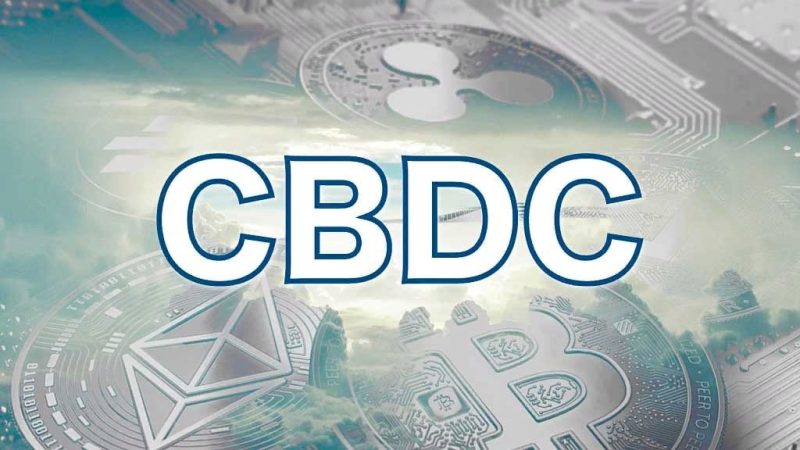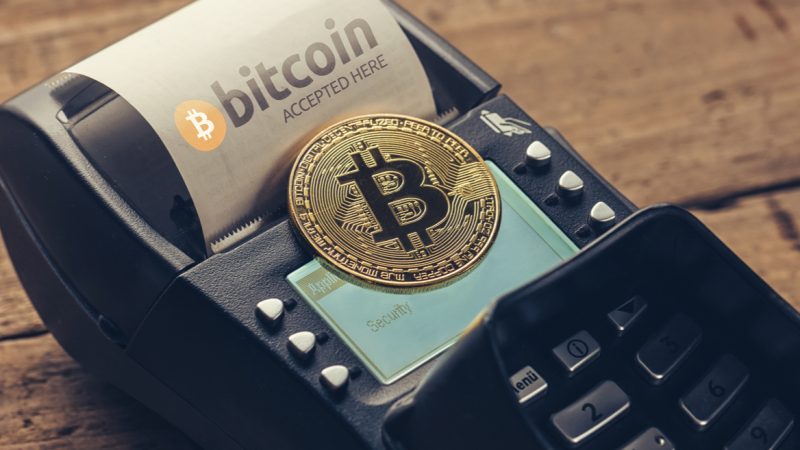Bitcoin (BTCUSD) prices go up, cryptocurrency exchanges subsequently fall. Operations at bitcoin exchange platforms have been impacted by the recent rally in Bitcoin prices.
North America’s biggest cryptocurrency exchange, Coinbase, experienced “connectivity issues” while Bitcoin was crossing the $40,000 mark on Thursday. However, after approximately four hours, the company’s support team tweeted that all supposed problems had been resolved.
According to Binance, the world’s biggest cryptocurrency exchange by trading volume, Bitcoin price crossed $20,000 last year and caused an outage. Another major cryptocurrency exchange, Kraken, experienced similar connection issues due to “heavy loads” but was back up after three hours.
After Bitcoin’s price fluctuations caused multiple disruptions of operations at Coinbase, the exchange went down. During the Bitcoin rally of 2017, there was a sharp selloff in cryptocurrency markets which effected Coinbase. Last year as Bitcoin gathered moremomentum,Coinbase experienced numerous outages. The issue has not only been effecting its retail-focused app, but also its institutional investor focused offering: Coinbase Pro.
The San Francisco-based company, with more users than Charles Schwab, is one of the biggest cryptocurrency trading platforms in the world. Downtime for this platform could have a significant effect on trading volumes for Bitcoin. The cryptocurrency’s price has increased rapidly due to global macroeconomic instability and institutional interest, leading to an influx of retail investors.
According to Binance CEO Changpeng Zhao, downtime issues at his exchange are due to “scaling issues.” In the past, Coinbase CEO Brian Armstrong tweeted that the company was investing in additional servers and customer support so that it could handle increased traffic loads better in the future.
That should be good news for investors, since the firm has submitted an IPO application. When Bitcoin’s price rises as a result of increasing consumer and institutional demand, the markets will not tolerate operational issues.


